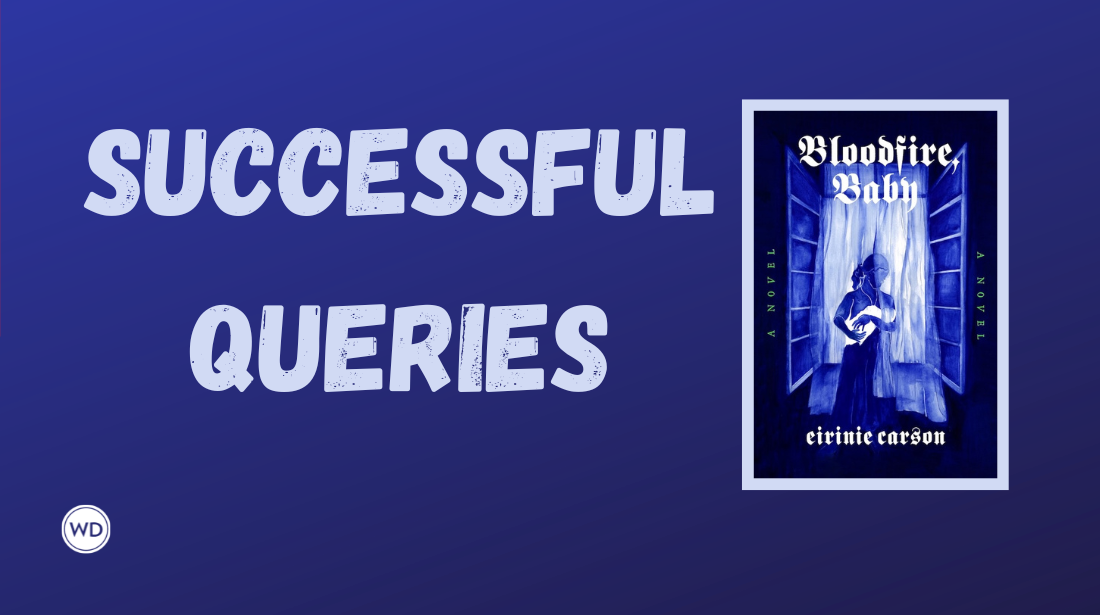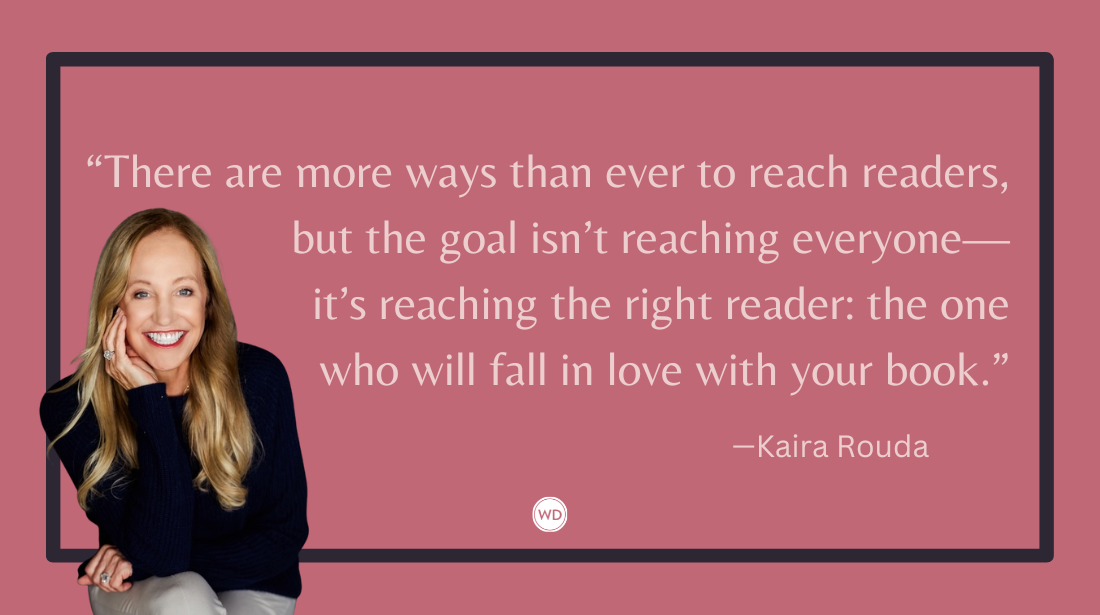Author Carla Stewart Discusses the Christian/Inspirational Fiction Market
Carla Stewart’s writing reflects her passion for times gone by as depicted in her first highly-acclaimed novel, Chasing Lilacs. Here she talks about the evolving Christian/Inspirational fiction market where she’s found success.
Carla Stewart’s writing reflects her passion for times gone by as depicted in her first highly-acclaimed novel, Chasing Lilacs, which was a 2011 Finalist for the Oklahoma Book Award and winner of the 2011 Best Fiction Book for the Oklahoma Writers Federation Inc. (OWFI). Awards since then include five-time Oklahoma Book Award Finalist, Inspirational Reader’s Choice Award, INSPY finalist, and each of her books has been a Pulpwood Queen Book Club selection. You can purchase her most recent novel, A Flying Affair, by clicking here. Connect with Carla at www.carlastewart.com, on Facebook: http://www.facebook.com/carlastewartauthor or on Twitter @ChasingLilacs.
Order a copy of Kristen Harnisch's The Vintner's Daughter.
#1
You've published six books through FaithWords (a division of the Hachette Group) since your debut novel Chasing Lilacs was released in 2010. How has the Christian/Inspirational Fiction market changed in those six years and what new trends are you seeing?
It’s a whole new era!! When Chasing Lilacs was published, it was considered a “hard sell” in the Christian market because of the child protagonist, the time frame (1950s), and the subject matter. I’m so grateful that FaithWords took a chance on me when romance, Amish, and suspense were about the only things being pubbed in the Christian marketplace. Today, a wide array of genres abound, and like in the general market, the publishing options boggle the mind – Indie publishing, small presses, and e-publishing in addition to traditional routes. Also since my debut came out, several Christian publishers have been bought by the larger NY houses, and a few others have stopped acquiring fiction, so it’s a landscape that is ever shifting (and dizzying for me!).
Although romance and suspense still reign, there are more crossover books that resonate in both the inspirational and general market, and it’s a slot that suits my books well—stories where moral truths and old-fashioned values prevail. Another trend I’ve noticed is more authors working together to create anthologies and multi-volume sets of related stories built around a central theme. Bundling an authors books and work-for-hire aren’t new concepts, but this particular flurry seems more Indie and small-press driven and is giving authors more opportunities to get their work in the hands of readers.
Many, many options today.
#2
To what do you attribute the growing market for Christian/Inspirational Fiction?
I’m always a little stumped by this question because most of my life I’ve read uplifting books with elements of overcoming, justice being served, or redemption, but they weren’t labeled as Christian or inspirational. They were entertaining and provided an escape into places I’d never been alongside fictional characters who lived lives different from mine. I don’t think that has changed—readers still seek stories with hope and satisfying endings to fill the void of fear and uncertainty that our world offers today. They long to escape into places where drama and adventure make way for a better world. Inspirational fiction provides that, and with so many options available, there’s something for everyone. I’ve recently heard that even the general market is trying to tap into readers’ yearnings for “clean” stories. I’m not sure if that answers your question, but it gives me hope that humankind still holds onto noble values and principles. A lot of my readers like that they can share my books with children, grandchildren, and their neighbors and not be embarrassed because of content and/or language.
#3
How do you stay in touch with your readers and in tune with what they love to read?
Great question! I have a love/hate relationship with social media but as a writer, I know it’s a necessary part of being accessible. I do try to share both book and real life snapshots via various social media outlets. My favorite way to stay in touch, though, is through personal appearances and speaking engagements. I generally have several events for each of my books in areas where I have a faithful following. They, in turn, help spread the word of my books and recommend me to other groups (tea parties, launch parties, women’s luncheons, Rotary, book clubs). I find that reading tastes vary when I ask what they like to read, and I nearly always make a recommendation of an author that I’ve recently enjoyed.
#4
What historical periods do you find most interesting to write about and why?
I’m definitely a twentieth century lover. No wagon trains or antebellum hoop dresses for me. I’m drawn to the eras of my parents and grandparents – the people who’ve shaped my life directly. I’m fascinated with their technology, fashion, and coping mechanisms and often picture myself in their shoes. Writing about their time periods helps me process who I am and is my attempt to answer the life questions that daunt me. I’ve written three novels set in the fifties and sixties, and while I don’t like to think of them as historical, they are to many of my readers. I prefer to call them love letters to my coming of age. I’m currently obsessed with the 1930s and the upheaval of our country during the great depression. An urgency churns in me to capture my dad’s memories while he’s still around to share what it was like growing up in the dust bowl.
#5
What's the most difficult plot or character challenge you've encountered in your writing and how did you muscle through it?
Plots give me fits. Every time. And it’s usually because my characters go rogue somewhere in the story and don’t follow my carefully crafted scene list that leads to that perfect climax and resolution. Muscle through? I’m still learning how to do that. Listen to the characters. Give them real flaws and yearnings and disappointments. Once I’m in tune with the characters, the plot elements generally click together. Mostly. By this time, I’m usually staring at a deadline so I write really fast for long periods of time, and that’s when the magic happens. Those worrisome threads that have been elusive work themselves out, and I realize the plot points were there all the time. It’s no wonder people think writers are crazy. And truthfully, I wouldn’t have it any other way!
Kristen Harnisch is the award-winning author of The Vintner's Daughter, the first novel in a series about the changing world of vineyard life at the turn of the twentieth century. Her next novel, The California Wife, will be released in 2016. Harnisch has been a speaker at the Writer's Digest Conference and currently lives in Connecticut with her husband and three children. Connect with Kristen at kristenharnisch.com, on Twitter @KristenHarnisch, and on Facebook facebook.com/kristenharnischauthor.









